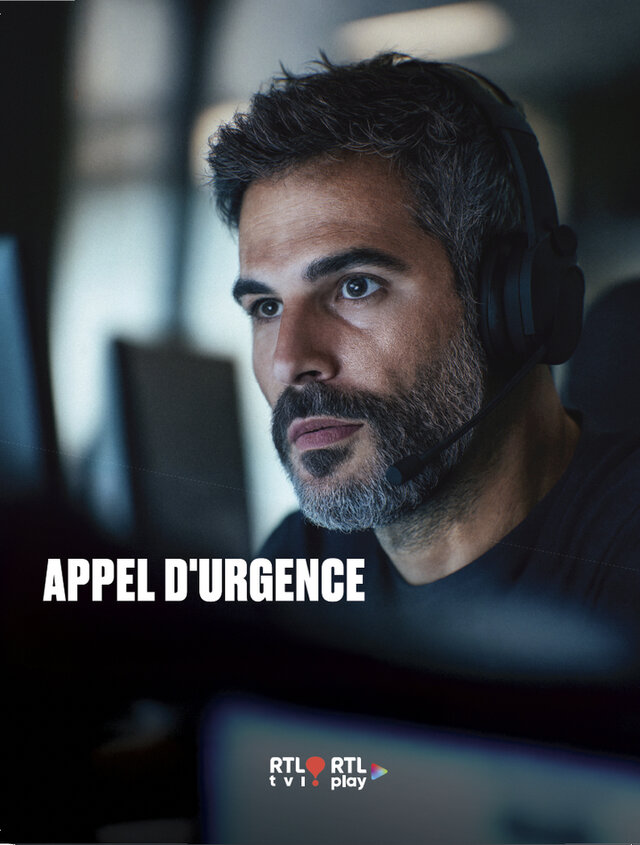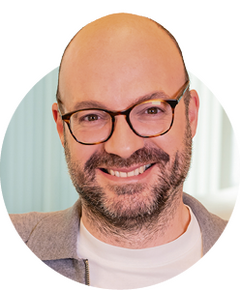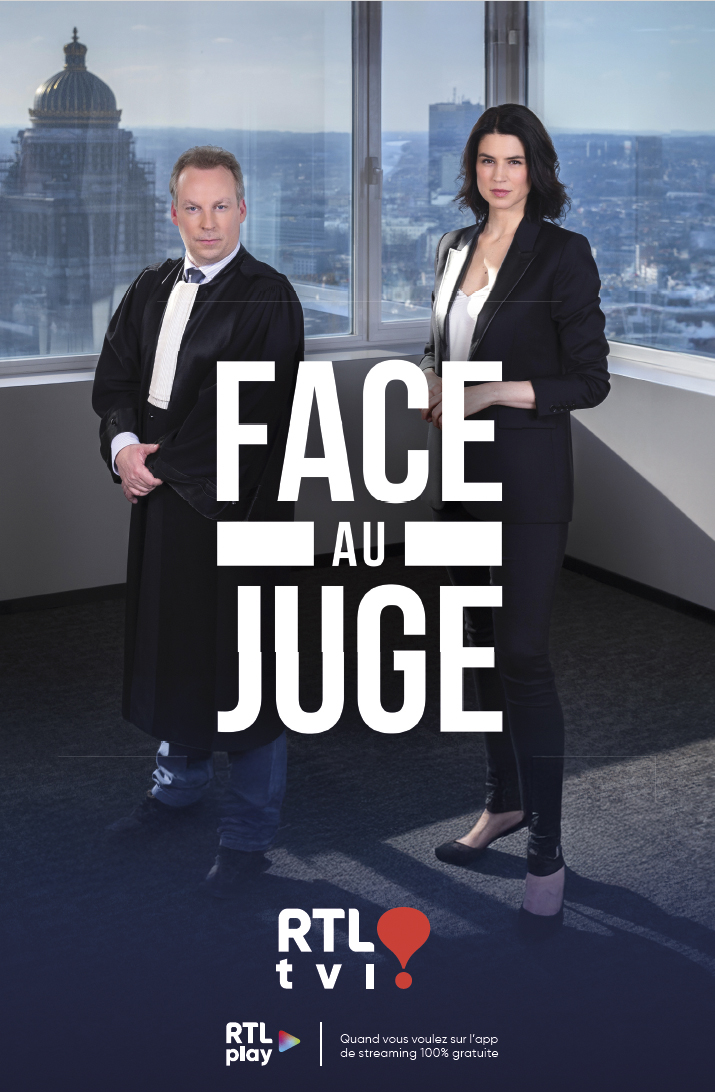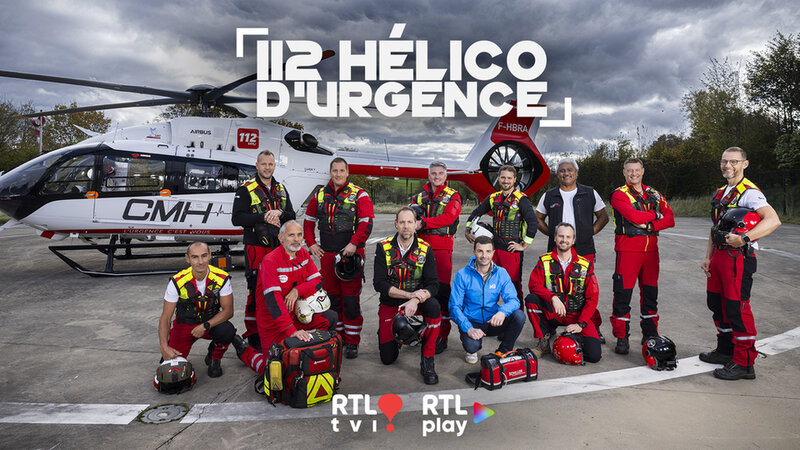AUDIO & VIDEO
Les Magazines, RTL’s enduring success
“OUR STARS ARE ORDINARY PEOPLE”

For more than 20 years, the French-speaking part of Belgium has been tuning in to RTL for Les Magazines, right after the evening news. A crucial time slot, opposite the RTBF news. “With a market share of up to 40 percent, Les Magazines often outperforms the competition,” says Eusebio Larrea, head of entertainment and co-production at RTL Belgium. We bring you a behind-the-scenes look at a powerful TV format.
From neighbourly squabbles and administrative errors in Images à l’appui on Monday to royal life in Place Royale on Saturday – every day of the week, Les Magazines tackles topics that matter to ordinary people. “It’s top-flight infotainment, where the viewer learns something and is entertained at the same time,” says Eusebio. On Sundays, the programme offers something different. “That’s when we show docureality programmes like Face au juge, Appel d’urgence and Police de la route, which achieve a market share of 30 to 40 percent.”

Eusebio Larrea
(48), HEAD OF ENTERTAINMENT & CO-PRODUCTION AT RTL BELGIUM
ORDINARY STARS
While Flemish channels tend to focus on famous Flemings, RTL puts the spotlight on local heroes. “In Wallonia, we don’t have much of a celebrity culture,” says Eusebio. “Walloons are interested in French celebrities. So at RTL, we like to showcase ordinary people with extraordinary stories. Our stars are people like inspector Bertrand Caroy of Enquêtes, who published a book and even does book signings.”
This human, informative approach sets RTL apart from French channels, which specialise in big TV productions. “Programmes like Face au juge, Appel d’urgence and 112, Hélico d’urgence are based on simple but brilliant formats that are often more compelling than anything we could do involving a celebrity.”


NEW FORMATS UNDER DEVELOPMENT
This year will see the launch of new infotainment formats that capture everyday life in exciting ways. “Like Les douaniers, aux frontières du risque , a new docureality show about customs officers in railway stations, airports and at the Belgian-French border. Together with the video production house Fremantle, we’re also working on Animal porté disparu, in which a rescue team tracks down lost pets. That will debut at the end of this year, and we expect it to reach a large audience,” says Eusebio.
Our stars are ordinary people with extraordinary stories
CREATING IMPACT
Les Magazines’ programmes can make a real difference. “After every episode of Appel d’urgence, emergency services are flooded with spontaneous job applications. It’s a programme that creates impact. Face aux juges is even used in law schools, and 112, Hélico d’urgence brings in viewer donations for the non-profit organisation that runs the emergency line.” The programmes also generate lots of social media discourse. “That feedback inspires us to create new formats, such as Pieds dans le plat, which is coming out soon. In it, we accompany food inspectors to restaurants, takeaways, farms and school cafeterias. We’ve briefly touched on this topic before and got a great response.”
LONG-TERM VISION
On average, it takes about a year and a half to make a good documentary. “Once you’ve got the right locations, themes and characters, you just shoot, shoot, shoot.” The post-production process is also intensive. “People who’ve just had an accident aren’t always willing to give consent. That means lots of follow-up calls, respecting anonymity requests and deleting certain scenes. Many hours of footage end up on the cutting room floor. Our goal is to deliver the best programme, and the only way to do that is with a long-term vision.”
With Les Magazines, RTL manages to differentiate itself from international players, like streaming platforms. “Co-productions help us diversify our content, open up new markets and strengthen our position in the French-speaking Belgian media landscape, despite all the competition. To make an impact, we have to keep responding to shifting viewer preferences and changes in the popularity of our formats.” Meanwhile, the way content is consumed is changing as well. “You can find our programmes both on TV and on our digital platform, RTL Play, and we’re even on the radio.”